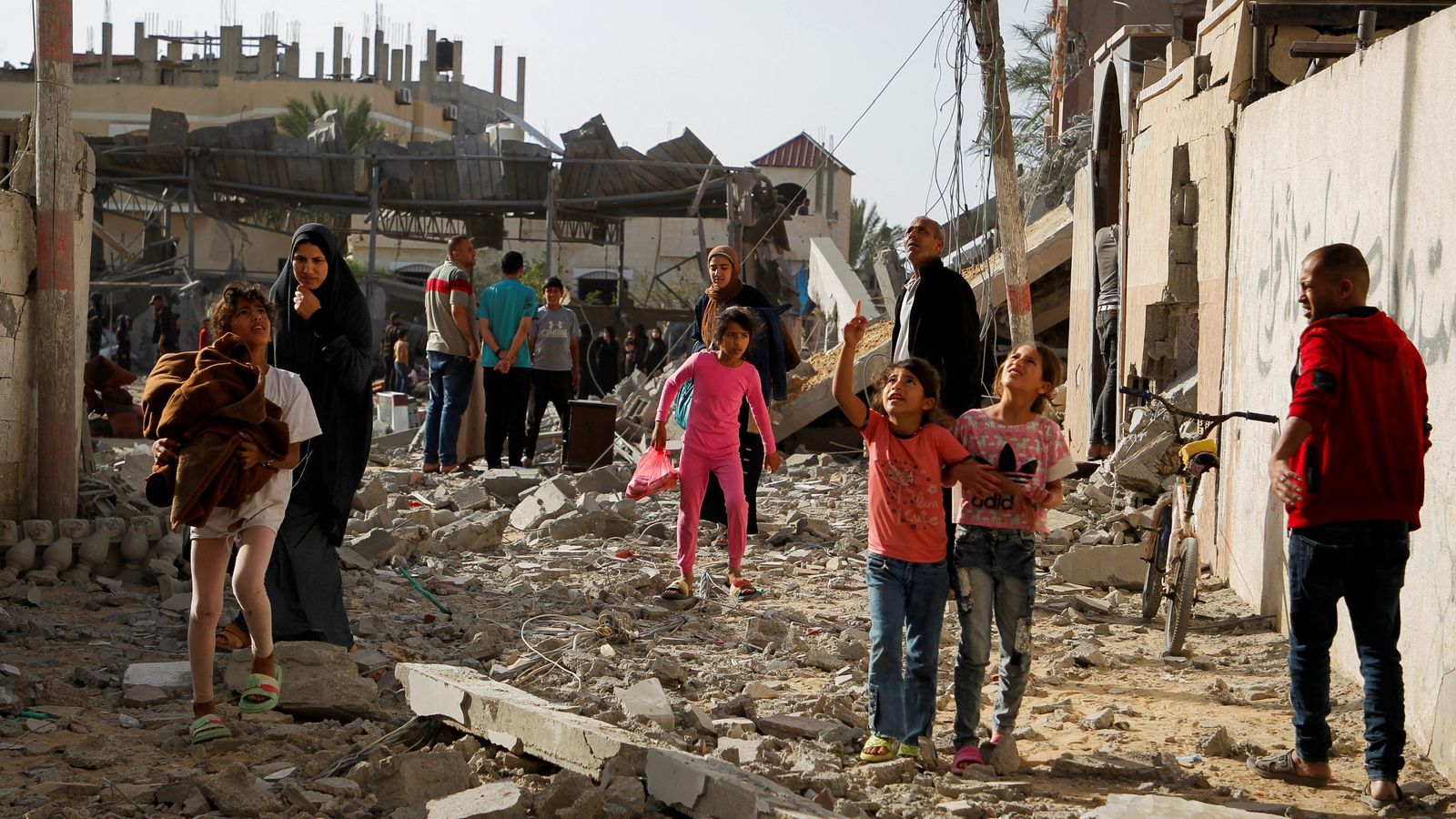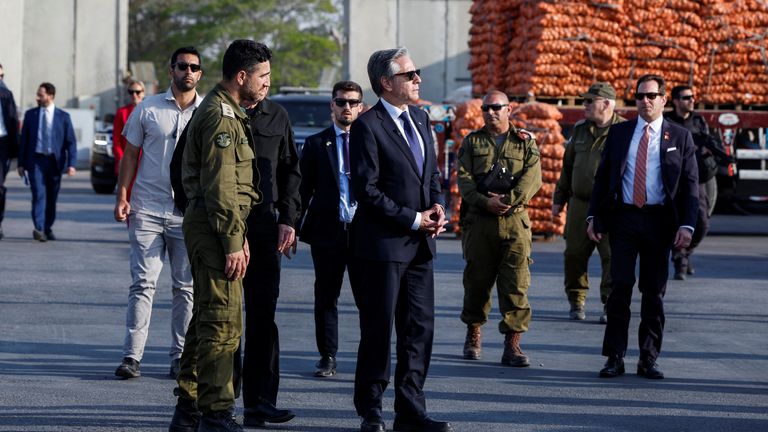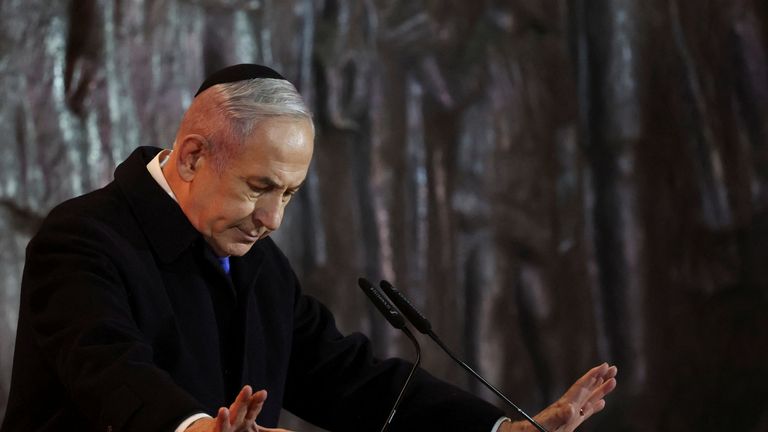A week that started with cautious optimism for a breakthrough in negotiations between Israel and Hamas has ended, perhaps unsurprisingly, with the prospect of peace in Gaza looking as distant as ever.
It has taken two days of talks in Cairo, with a delegation from Hamas – and intermediaries from Egypt, Qatar and the United States – to expose the limitations of this exercise.
There were indications in the lead-up to these talks that the parties had things to discuss usefully – even areas where they could reach an agreement.
Israel was apparently open to a six-week cessation in hostilities in exchange for the release of some 30 Israel hostages by Hamas.
Several hundred Palestinian prisoners currently sitting in Israeli jails would also have been released as part of the deal.
That was something the US secretary of state Anthony Blinken described as “extremely generous.”
Read more
Netanyahu rejects latest ceasefire demands
British-Palestinian surgeon denied entry to France
The head of Hamas’s political bureau Mujahid Ismail Haniyeh seemed engaged, stating that delegation members would be traveling to Cairo with “positive and flexible positions”.
However, there was a fundamental flaw in all this. What follows a temporary ceasefire? What comes next?
Hamas wants any truce to lead to a permanent ceasefire. The Israeli government is committed to the organisation’s total destruction.
It is a contradiction that both sides, and all the intermediaries, and concerned world leaders, would be hard-pushed to solve.
It seems they cannot have an agreement in the short-term, without an agreement down the track.
Israeli Prime Minister Benyamin Netanyahu rounded on the issue in his first recorded comments on the talks.
“While Israel showed willingness, Hamas remained entrenched in its extreme positions, first among them the demand to withdraw all our forces from the strip, end the war, and leave Hamas intact – the state of Israel cannot accept this.”
The threat of an Israeli incursion into Rafah, now packed with well over a million civilians, has hung over these discussions with many regarding it as a negotiation technique.
Yet if Mr Netanyahu is committed to the destruction of Hamas, as he says he is, his forces are likely to invade Rafah anyway.
The Israeli minister of defence Yoav Gallant suggested on Sunday that it could happen imminently.
All in all, it proves the limits of a negotiation between two sides who are deeply committed to the undoing of each other.
The likely consequences seem desperately predictable.


